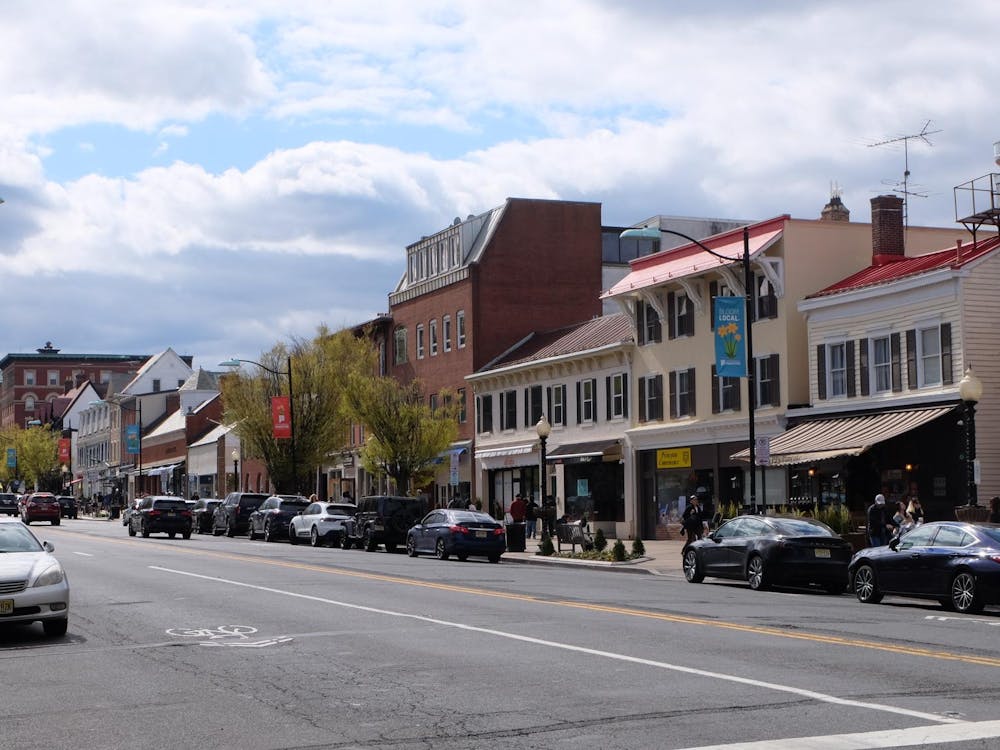The Black Ivy Coalition, a group consisting of members from all eight Ivy League Schools, published a statement in The Huffington Post late last month establishing a Collegiate Civil Rights Coalition.
The statement, entitled "A Call to Action: Our Generation and the Evolution of the Civil Rights Era," was written and signed by two members from each Ivy League school for a total of 16 signatures.
"We aim to correct the misconception that the Civil Rights movement is over and the United States exists in a paradigm of post-racism," the statement reads,calling for a new generation of black leaders to address today's racial issues."We can no longer expect for Rev. Al Sharpton, Jesse Jackson or even President Barack Obama to articulate our hopes and fears as young black people in 21st-century America."
The statement explains that the coalition's main purpose is to advocate for legislation at the local, state and national level to end "the dehumanization of people of color."
Through awareness campaigns, marches and sit-ins, the group hopes to put pressure on legislators to make meaningful policy changes. Responding to the Michael Brown and Eric Garner incidents, their focus for the 2014-15 academic year will be police brutality.
“One of the hugest things that we are thinking about are police body cameras," Denzel Cummings, a senior at the University of Pennsylvania, said. "They’re instituted in California already and they’re having huge success. So that’s one of the things we are going to push for, not only in the areas our schools are in but on a national level too."
Cummings explained that the group strives to revitalize the model of the Civil Rights Movement, where students partnered with leaders in the field and were able to catalyze change.
The coalition currently consists of about 50 members across the Ivy League universities.
Dashaya Foreman ’16, president of Princeton’s Black Student Union, said that the group plans to expand to include schools across the nation, noting that students at Stanford, UCLA and Tuskegee have already expressed interest in joining.
The group formed in late August following the riots in Ferguson, Mo., Foreman said.
"It started with a friend who talked to a friend who talked to a friend,” she explained. “Because of the summer that we experienced, a lot of students felt the need to kind of start organizing and make an impact."
Foreman noted that a lot of race-related incidents are due to deeply-rooted schemas, and that a good way to overcome these schemas is through discussion between different groups.

"We all have inhibitions about people who are different than us," Foreman said.







